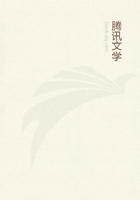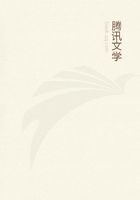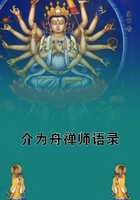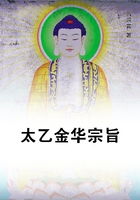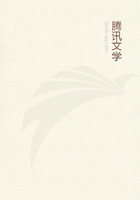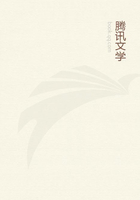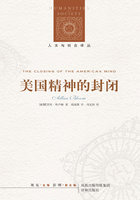but when something is moved from blackness to whiteness, blackness is called the principle of that movement (and universally, everything from which a movement begins is called a principle), nevertheless, blackness is not that from which the being of whiteness follows.But "cause" is said only of that thing which is first from which a posterior thing follows in being (that is, with real dependence).Hence, a cause is that from the being of which another being follows.Accordingly, that which is first from which the movement begins cannot be called a cause essentially (per se) even if it is called a principle.This is the reason privation is placed among the principles but not among the causes, because privation is that from which the coming-to-be begins.But privation can also be called a cause per accidens, in so far as it coincides with the matter, as was explained earlier.
Moreover, the term "element" is used properly only of the causes from which the composition of the thing results--which, properly speaking, are material causes.And again, not from just any material cause whatsoever but from that from which results the primary composition of the thing; for example, we do not say that the limbs are the elements of the man because the limbs are themselves composed of other things.But we do call earth and water elements because these are not composed of other bodies--but from these elements results the primary composition of natural bodies.Thus Aristotle in Bk.V of the Metaphysics says that "an element is that from which a thing is primarily composed, and is in the thing, and is not divided according to the form".The explanation of the first part of this definition namely, "that from which a thing is primarily composed", is already clear from what has been said above.The second part, namely, "and is in the thing", is placed in the definition in order to differentiate (the element from)that other matter (prime matter) which totally passes-away through coming-to-be:
for example, the bread is the matter of blood, but blood only comes-to-be if the bread passes-away; hence the bread does not remain in the blood and so the bread cannot be called an element of blood.But for it to be an element it must remain in some way, since it does not entirely pass-away, as is said in the treatise On Generation.The third part of the definition, namely, "and is not divided according to the form" is placed in the definition to differentiate the element from those things which have diverse parts in form, that is, in species; for example, the hand, whose parts are flesh and bone, but which differ according to species;for example, any part whatsoever of water is water.It is not necessary to the being of the element to be not divided according to quantity, it is sufficient if it be not divided according to species.If something is also not divided in any way, it is called an element, as letters are said to be the elements of words.Accordingly, it is evident from what has been said that "principle" in some way in which it is used implies more than "cause", and "cause", more than "element"--and this is what the Commentator (Averroes) says in his commentary on Bk.V of the Metaphysics.
Having seen that there are four genera of causes, it should be noted that it is not impossible for a same thing to have several causes, such as the statue whose cause is bronze and the artisan, but the artisan as the efficient cause, bronze as the material cause.Nor is it impossible that a same thing be the cause of contraries, just as the helmsman is the cause of the safety of the ship and of its sinking; but of the latter by his absence, and of the former by his presence.
It should also be noted that it is possible that a same thing be cause and caused with respect to the same thing but in different ways: for example, walking is the cause of health in the way of efficient causality, but health is the cause of walking in the way of final causality, for sometimes walking is done for the sake of health.Another example is that the body is the matter of the soul, while the soul is the form of the body.The efficient cause is called a cause with respect to the end, for the end can only exist in act through the operation of the agent: but the end is called the cause of the efficient cause, for the efficient cause operates only through the intention of the end.Hence the efficient cause is cause of that which is the end, as, for example, walking for the sake of health; nevertheless the efficient cause does not make the end, that is, it does not make the end to be a final cause.A doctor, for example, makes health to be in act, nevertheless, he does not make health be an end.The end, however, is not the cause of that which is the efficient cause, but it is the cause that an efficient cause be an efficient cause.For health does not make the doctor to be a doctor (and I am speaking of the health resulting from the operation of the doctor) but it does make the doctor be an efficient cause.
Similarly the end makes the matter be the material cause and the form be the formal cause, since the matter receives the form only for an end, and the form perfects the matter only for and end.Hence the end is called the cause of causes because it is the cause of the causality in all causes.
Also matter is called the cause of the form in so far as the form exists only in matter; and similarly the form is the cause of the matter, in so far as matter has being in act only through the form.For matter and form are said to be mutually related as is said in Bk.II of the Physics.For they are said in relation to the composite, as are parts in relation to the whole, and the simple in relation to the composite.

